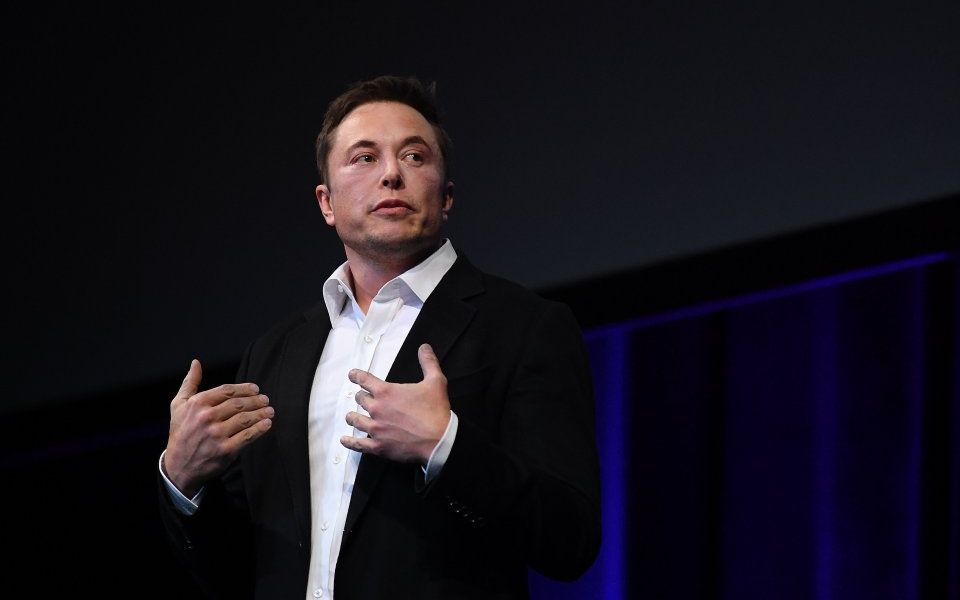Elon Musk’s tough year is a lesson for entrepreneurs that business isn’t all fun and games

Poor Elon Musk. It might be difficult to feel sympathy for a billionaire, but entrepreneurs everywhere would have felt a pang of compassion on reading Musk’s emotional interview with the New York Times last week.
As he recounted the stresses and strains of his last 12 months as head of Tesla – which he calls the most “excruciating” of his life – the realities of life as a maverick innovator were laid bare.
And while Musk might be an extreme example of the toils of entrepreneurship, his experience is a valuable wake-up call to anybody that thinks running a business is glamorous.
Read more: Shareholder pleads with Musk to keep Tesla private
The truth is, it takes a special kind of person to start a business, let alone build one to the size of Tesla – a billion-dollar public company.
Being an entrepreneur is mostly hustle, stress, a lot of false dawns, and the occasional bout of vindication. You have to be single-minded about your task, have vision, resilience, plus the ability to work for days on end, sacrificing family, friendships, and your personal life. You need to inspire and motivate your team. Add global superstardom to the mix, and it’s little wonder that Musk is close to burnout.
Ego-focused businesses that revolve around a single, all-powerful individual have been a common occurrence in recent years. Think Amazon (Jeff Bezos), Facebook (Mark Zuckerberg), and other household names. These are all hugely successful companies, but building a firm on the back of one person is risky, putting them under huge pressure, while limiting the balance of skills in the top team, and leaving no Plan B if your star is out of action.
As a venture capital firm that invests in early stage businesses, we’ve put a lot of thought into how to identify startup potential, including the character traits to look for in the founders.
While people are very difficult to understand and assess, who you choose to work with is one of the few aspects of business that you can control. So, it pays to put the time into ensuring that you’re investing in the right person.
We recently identified seven character traits shared by great founders: resilience, motivation, persuasiveness, humility, vision, curiosity, and the ability to manage stakeholders.
Finding all of these traits in one individual isn’t easy, which is why we favour businesses with more than one founder, bringing a balance of skills, personalities, and talents to draw on. It also means that co-founders can share the pressure and the workload which – with constant uncertainty, staff turnover, and a lack of resources – can be so relentless.
Finding the ideal mix of personalities and temperaments is rare, but that doesn’t always have to be a deal-breaker. What is important is for founders and investors to identify and be upfront about where developmental gaps do exist, so that these can be addressed. Great founders know that they need to surround themselves with the right support structure – for example, inviting experienced people to join the board, working with mentors, or making strategic senior hires.
It sounds like Tesla might be taking this advice, with reports that the search is on for a possible number two for Elon Musk. Given his current workload and state of mind, it sounds like a wise move. The question is – is anybody up to the task?
Read more: Tesla shares rise as Musk takes back seat and Morgan Stanley halts coverage